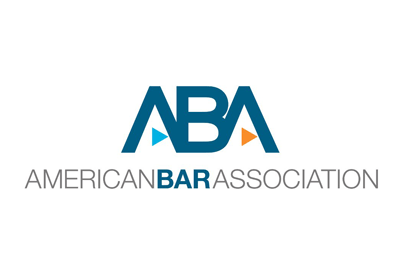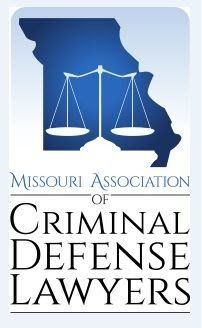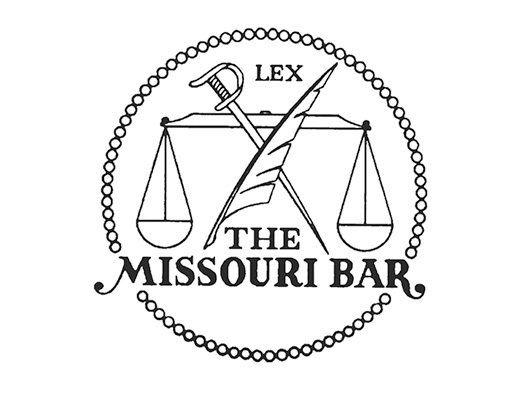DWI OR DUI VIOLATION DEFENSE
Got a DWI or DUI? Let Us Help!
Contact Lednick Law For DUI and DWI Violations
An arrest for drunk driving can be a very frightening experience and is in most cases is a person’s first encounter with the law. Most individuals are not aware of their rights when fighting a DWI case and fail to realize that it is possible to challenge DWI charges, even if the blood alcohol content is high. Also, very few people realize that in Missouri DWI cases involve two separate and distinct cases. A criminal charge as well as administrative action against your driver’s license. For further explanation see below.
If you are arrested and charged with DWI in Missouri, the consequences can be severe. There’s a chance you will lose your driver’s license, pay significant fines or potentially even face jail time, depending on the exact nature of the charge. We work with all aspects of DWI-related situations including breath and blood testing issues, DWI accidents involving injuries, multiple prior DWI charges, underage DWI’s and all aspects of DWI license suspension, reinstatement or hardship
When facing charges that could result in jail time, fines, or license suspension, it is critical to have an attorney who is well versed in the specifics of Missouri DWI law. You need a lawyer who will spend time reviewing all the facts and explaining your options to you so your rights will be protected. Having a DWI conviction can cause loss of your employment, money, driving privileges, your freedom, and increased penalties for future violations. It is vital for you to retain a lawyer who can provide you with the best possible defense and protect your rights. If arrested for DUI or DWI please contact the Lednick Law Firm at 636-638-2150
to schedule a free consultation.
Missouri Driving While Intoxicated Charges Involve Two Different Cases
When an individual is stopped, or arrested for driving a vehicle while intoxicated or with their blood alcohol level over the legal limit, two separate sections of Missouri law govern the arrest and suspension or revocation of the persons driving privilege.
Criminal Charges
The criminal part of a DWI case deals with the ticket that was written by the officer. Under Missouri law, it is illegal for a person to operate a motor vehicle while in an intoxicated condition. This can be intoxication caused by alcohol, prescribed or illegal drugs, or any combination thereof. In addition, it is illegal to operate a motor vehicle with a blood-alcohol level in excess of .08%, in which case intoxication is presumed. A DWI conviction can result in heavy fines and in some cases jail time. Moreover, if you are convicted of an alcohol offense, either 8 or 12 points are assessed to your driver record, resulting in either a suspension or revocation.
Administrative Action
Under Missouri law, any person who operates a motor vehicle on the roads or highways has given consent to a test of their breath, blood, saliva or urine. Assuming the officer has reasonable grounds to believe the person is driving while intoxicated, this consent provides them a means to determine whether the person in a drunk or drugged condition. The law allows for a suspension or revocation of your driving privilege if your blood alcohol content is over the legal limit or if you refuse a chemical test. This suspension is separate and not dependent on the outcome of the criminal charge.
Driving With Excessive Blood Alcohol Content
A person commits the offense of driving with excessive blood alcohol content if such person operates:
(1) A vehicle while having eight-hundredths of one percent or more by weight of alcohol in his or her blood; or (2) A commercial motor vehicle while having four one-hundredths of one percent or more by weight of alcohol in his or her blood.
The offense of driving with excessive blood alcohol content is: (1) A class B misdemeanor; (2) A class A misdemeanor if the defendant is alleged and proved to be a prior offender; (3) A class E felony if the defendant is alleged and proved to be a persistent offender; (4) A class D felony if the defendant is alleged and proved to be an aggravated offender; (5) A class C felony if the defendant is alleged and proved to be a chronic offender; (6) A class B felony if the defendant is alleged and proved to be a habitual offender.
Driving While Intoxicated (DWI)
A person commits the offense of driving while intoxicated if he or she operates a vehicle while in an intoxicated condition.
The offense of driving while intoxicated is: (1) A class B misdemeanor; (2) A class A misdemeanor if: (a) The defendant is a prior offender; or (b) A person less than seventeen years of age is present in the vehicle; (3) A class E felony if: (a) The defendant is a persistent offender; or (b) While driving while intoxicated, the defendant acts with criminal negligence to cause physical injury to another person; (4) A class D felony if: (a) The defendant is an aggravated offender; (b) While driving while intoxicated, the defendant acts with criminal negligence to cause physical injury to a law enforcement officer or emergency personnel; or (c) While driving while intoxicated, the defendant acts with criminal negligence to cause serious physical injury to another person; (5) A class C felony if: (a) The defendant is a chronic offender; (b) While driving while intoxicated, the defendant acts with criminal negligence to cause serious physical injury to a law enforcement officer or emergency personnel; or (c) While driving while intoxicated, the defendant acts with criminal negligence to cause the death of another person; (6) A class B felony if: (a) The defendant is a habitual offender; or (b) While driving while intoxicated, the defendant acts with criminal negligence to cause the death of a law enforcement officer or emergency personnel.
Consumption Of Alcoholic Beverages While Driving
A person commits the offense of consumption of an alcoholic beverage while driving if he or she operates a moving motor vehicle upon any public thoroughfare for vehicles, including state roads, county roads, and public streets, avenues, boulevards, parkways or alleys in any municipality while consuming any alcoholic beverage.
The offense of consumption of an alcoholic beverage while driving is an infraction and shall not be reflected on any records maintained by the department of revenue.
Traffic Violation FAQs
Can't Find the Answers?
Fill all information details to consult with our best Attorneys advices.



